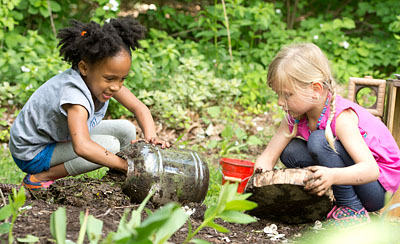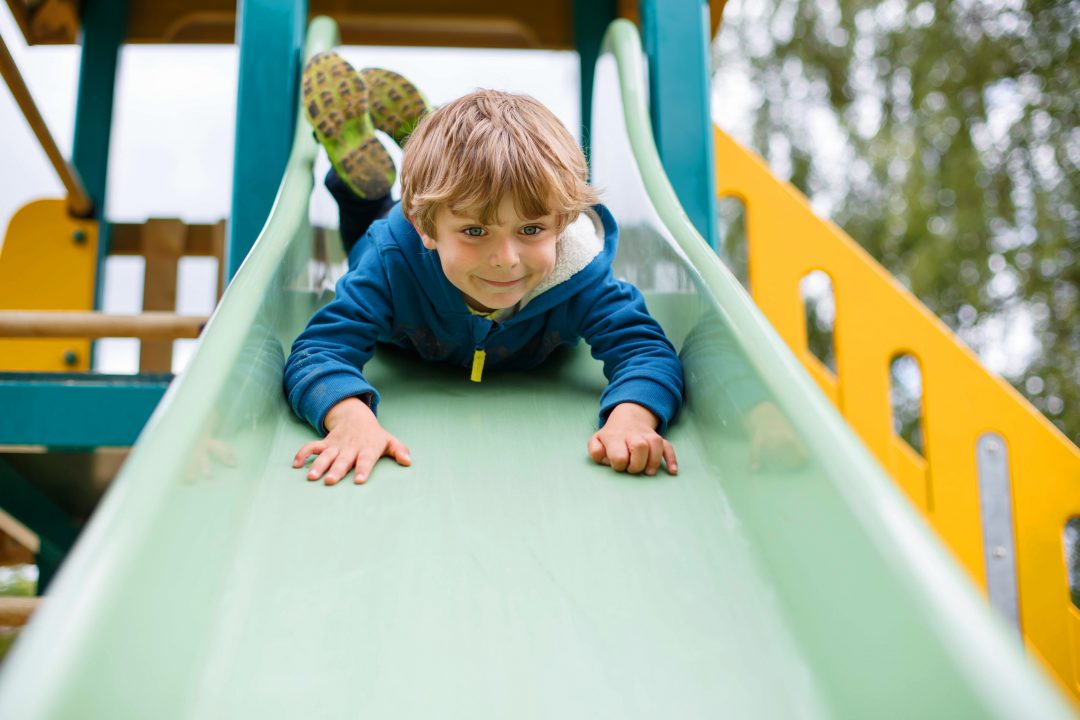Too much too soon: Why five-year-olds should not be learning to read
Categories: General Parenting, Education
Can your preppie read yet? How’s their comprehension? Do they know their colours? Can they write their name and add single-digit numbers and recite the alphabet?
No?
That’s completely fine. In fact, it’s even a good thing.
According to the latest neuroscience research, there’s actually no need for your five-year-old to be learning these things, and postponing the sort of formalised learning that our schools begin in Prep is actually better for them in the long run.
Now, we don’t want to undermine the efforts of our educators who put blood, sweat and tears into making the national curriculum fun and engaging for their students. We don’t want to take away from the efforts of those students themselves, particularly those who have to work extra hard to make those letters and numbers mean something.
We know there are parents sitting at their kitchen tables each night, patiently going over sight words with a five or six-year-old who is exhausted and emotional from holding it together at school all day, and we know there’s a lot of love in those efforts. But, maybe there’s just as much love in adjusting our expectations of these little people to better align their education with where their sequential brain development is at.
Nathan Wallis, ParentTV expert and neuroscience educator, says that children aged between 2 and 8 years are in a stage of brain development that he calls the ‘feeling brain’ (or the limbic system if you want to be scientific about it!). This is sometimes called the social-emotional brain. In our push for early literacy, we’re actually neglecting the needs of this brain development stage, and skipping ahead to the last stage of brain development (the frontal cortex) where thinking and logic occurs.
So, what does this mean?
Well, put simply, our five-year-olds should probably not be sitting at desks and focussing on literacy and numeracy, because this is less important than other skills that are best developed through play.
‘A lot of parents might be surprised to learn that, according to the literature, children under seven should actually be in child-led, free play environments’ says Nathan Wallis.
So what are those important skills that children are building through play at this age?
Here’s just a few of them:
- Exploration and discovery (learning through self-directed inquiry)
- Creative problem-solving and critical/lateral thinking
- Analysis and application of knowledge
- Social and emotional skills (including collaboration, communication and negotiation)
- Imagination, curiosity and empathy
- Persistence, resilience and tenacity
- Self-awareness and self-reliance
- Adaptability.
But what exactly does ‘play’ look like?
Play looks like whatever the kids involved decide it should look like on a given day, ParentTV expert, Teacher Tom, suggests. Essentially, play is freely chosen activity without too many parameters imposed by others. When children play in this way, truly impactful learning occurs, because they’re following their own natural curiosity and interest, rather than an agenda set by a teacher.
Giving children the opportunity for open-ended play gives them the chance to ask and answer their own questions, whereas giving children direct instructions puts blinders on them and blocks out other learning possibilities.
Teacher Tom
Maggie Dent, ParentTV expert and parenting educator, is also a staunch advocate of keeping children in play-based learning environments when they’re still in the early years of primary school. ‘We need teachers to hold their ground around the importance of play. It puts so much pressure on young children when you ask them to stop playing and undertake hour-long sessions of explicit instructions when they’re just not developmentally ready for it.’
And, for those of us worried about our children being disadvantaged later in life by delaying formal learning, Nathan Wallis says the research indicates the opposite is true.‘What will actually set your child up for success is having a positive disposition towards themselves as a learner. This is developed through play in a child-led environment.’
Looks like the evidence is clear. Now we just need out schools to catch up…





